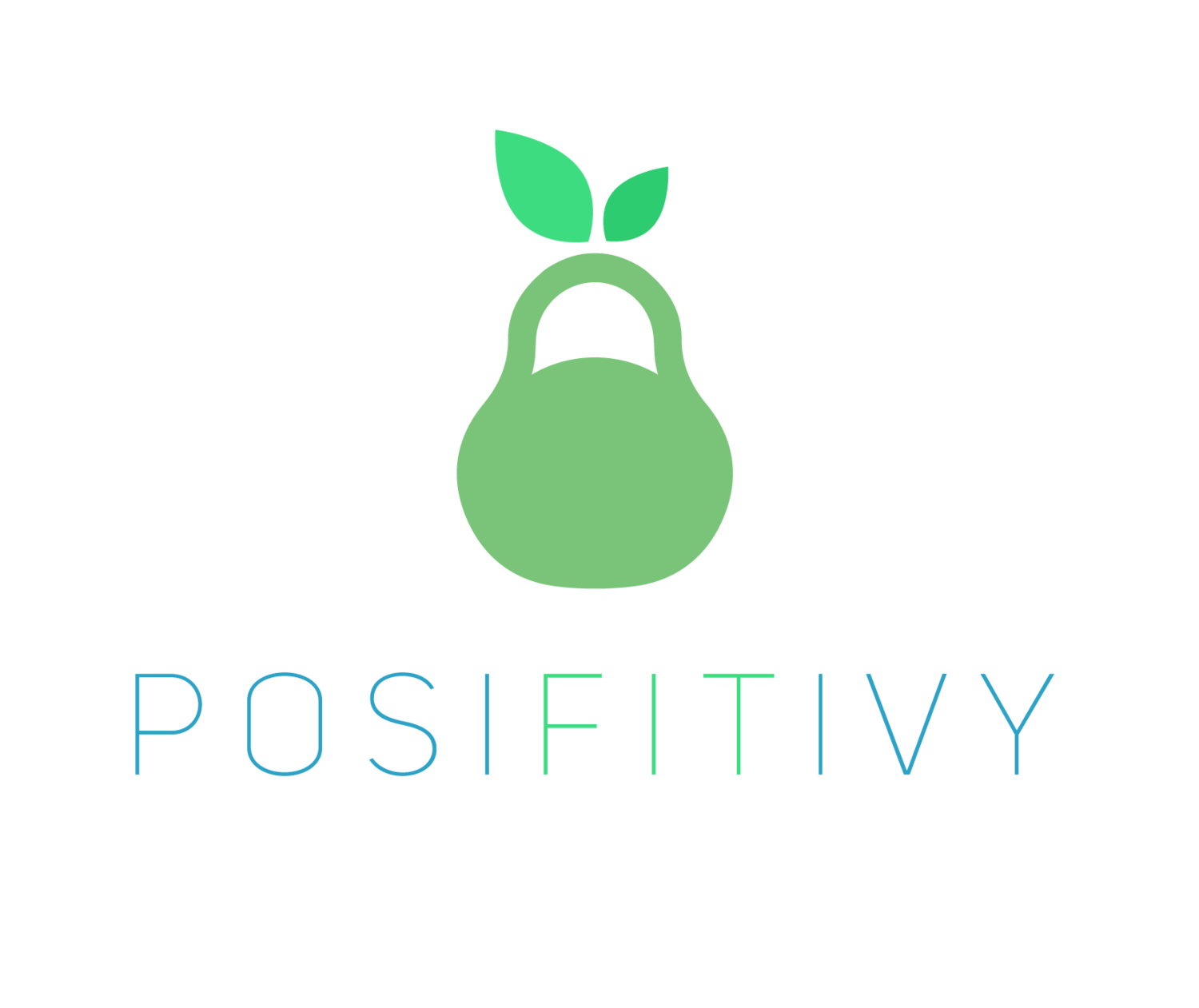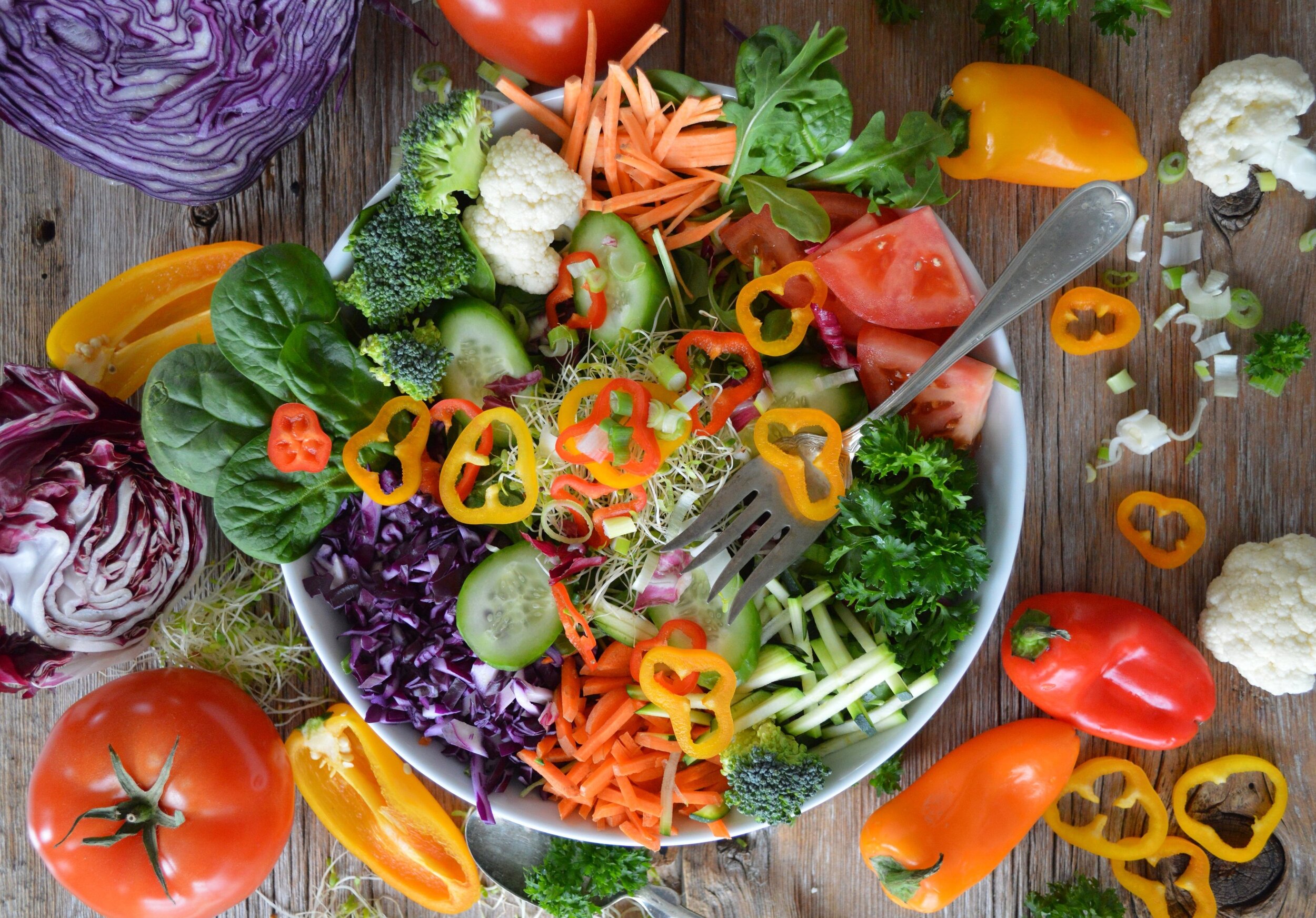6 steps to breaking out of your diet rut
]Sometimes I get well-intentioned messages on Instagram saying that the food I eat just doesn’t look that appetizing. A few years ago, my diet consisted primarily of junk food - had you told me that in 2020, I would happily be eating a whole-food, plant-based diet, I wouldn’t have believed you. It wasn’t an overnight transformation: I had to make a consistent, dedicated effort to change my diet. At times it was truly difficult and often took a lot of steely resolve and discipline, but now it feels effortless on most days. How can you change your habits and finally break out of the cycle of perpetual dieting?
1. Give your taste buds time to adapt. Initially, whole, plants foods may taste bland and flavorless to you, especially if you’re used to consuming hyperpalatable processed foods. There will be an adjustment period when you change your diet, but your taste buds do become more sensitive. In one study, participants who restricted their sodium intake found that they eventually preferred less salt. In another study, those on a low-sugar diet rated puddings as 40% sweeter than the control group. Simply put, you become more sensitive to flavors as you adjust your diet. You will be able to enjoy low-sodium soups and fruit as dessert, but expect it to take some time.
2. Change your perception. For me, this wasn’t a temporary change. I was in it for the long haul and committed to making it work. I didn’t take half measures by scheduling in regular cheat days - that makes it harder, not easier to change your lifestyle! Don’t spend your week pining for a cheeseburger dinner on Friday and resenting the healthful meals you eat on other days. With one foot in the door of your old lifestyle, you’ll never be able to move forward without a sense of a deprivation.
3. Change your environment. Do not tempt yourself. Remove any dietary “triggers” from your environment and make it as difficult as possible to veer off course. Personally, dessert is my weakness, and if cookies are sitting in my pantry, I won’t be able to avoid them forever. Know yourself, and don’t trust that you’ll be able to muscle your way out of eating those potato chips you have stashed. Get rid of them, and stop buying them. Incidentally, as I’ve phased processed food out of my life, I’ve learned how to make my own whole food desserts with sweet potatoes and dates. I thoroughly enjoy them and don’t miss a thing about the treats I used to eat, which made me feel sick and lethargic.
4. Cultivate mindfulness. As you prepare and eat your food, take some time to appreciate it and think about it where it came from. Develop a deep respect for your body and treat it with kindness, keeping your well-being on the forefront of your mind each time you sit down for a meal. The first time I sliced open a purple carrot, I was thrilled to find that it had a vibrant, sunny yellow core. At times, I imagine how seeds sprout open and, under just the right conditions, grow into the nourishing food I eat. More than that, I have clear boundaries around what I put into my body and am highly conscious of them.
5. Get educated. Learning about the science behind whole-food plant-based nutrition is valuable for cementing your resolve. Learn more about a whole-food, plant-based diet here. Furthermore, take some time to evaluate what tools you need to succeed - I knew I wanted to be able to enjoy delicious food, so I purchased cookbooks and built my arsenal of recipes.
6. Keep trying. You will have good and bad days. Don’t beat yourself up - just move forward! The day-to-day changes feel small, but I’m astounded by the difference between today and three years ago. Don’t quit!
Any questions? Feel free to leave them below.



